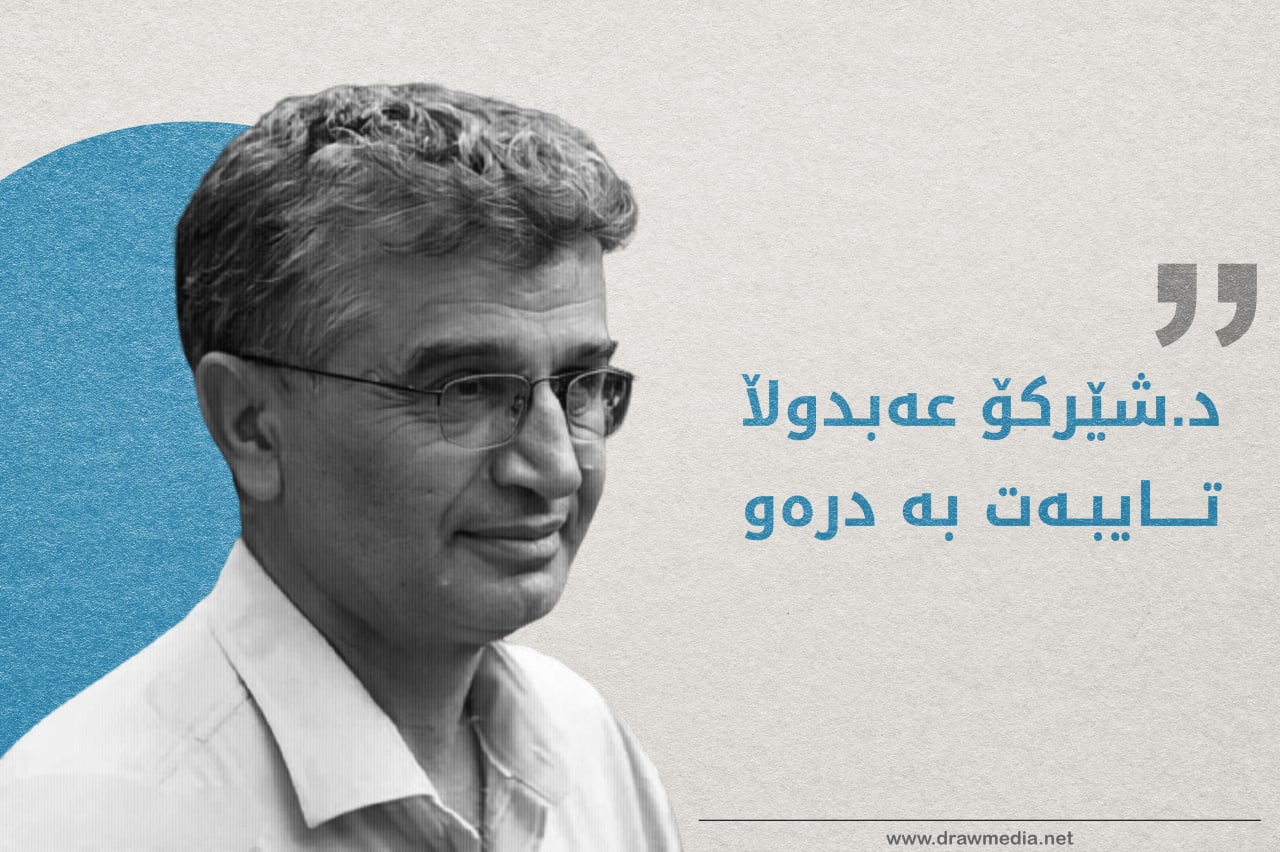Can Kurdish leaders bridge the Iraqi political gap? - analysis
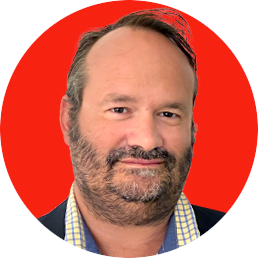
2022-01-31 13:22:43
By SETH J. FRANTZMAN
A week after the Prime Minister of the autonomous Kurdistan Regional Government of Iraq was in the UAE, the President of the KRG Nechirvan Barzani has gone to Najaf on an important visit to try to bring Iraq a new coalition government.
October elections in Iraq saw Muqtada al-Sadr’s party get 73 seats in parliament. But the country is very divided between sectarian parties linked to Kurds, Sunnis and Shi’ites. Masoud Barzani, head of the Kurdistan Democratic Party has praised his nephew Nechirvan’s trip, hoping it can bring stability to Iraq.
Nechirvan Barzani is an important leader and often portrayed as affable, erudite, and a good negotiator who prefers compromise and diplomacy to tensions. He has navigated the Kurdish region’s complexities since the referendum in 2017.
The region has had setbacks, with Turkish airstrikes in the mountains against what Turkey says are “terrorists” and also pro-Iran militia attacks on the KRG capital of Erbil.
Now Nechirvan Barzani will meet with key figures in Najaf, including Sadr. The initiative is believed to have followed a decision by Masoud Barzani, the famed Kurdish leader who heads the Kurdistan Democratic Party.
The Barzanis in this story are all related, Masrour is Masoud’s son and Nechirvan is Masoud’s nephew. The political family has thus sought to bridge to important issues in the last week, one of which is to form a coalition to stabilize Iraq and also to build on relations with the UAE, which could also stabilize the Kurdish region and Iraq.
This matters Iraq is an important country in the region but it has suffered setbacks. In the wake of the war with ISIS, the country needed huge investments. However, it has been hamstrung by the existence of pro-Iran militias. Those militias were able to become an official paramilitary force in 2018. The militias, called Hashd al-Shaabi, then embarked on a campaign of attacks on US forces in 2019.
The US withdrew from many facilities in Iraq in 2019 and 2020 and at the same time, the US killed Qasem Soleimani, the Iranian commander who was advising and working with the Hashd. The Hashd then directed attacks at the US in Erbil at the airport. They have also targeted Baghdad airport in recent days.
This is a huge challenge for the Iraqi government. The government fears the militias. The top parties in the wake of 2021 included Sadr’s party, as well as the Kurdish KDP and Mohamed al-Halbousi’s Progress party. The Nouri al-Malaki State of Law party is a pro-Iran party with 33 seats and it has had bad relations with Kurds in the past. The militia party, led by Hadi al-Amiri, has only 17 seats. This pro-Iran group has shouted about election fraud. Rumors say that Iran’s replacement for Soleimani, a man named Esmail Ghaani, is also in Iraq and he is trying to do some wheeling and dealing to not let a coalition be formed by the Kurds, Sunnis, and Sadr.
Nafiseh Kohnavard, the BBC Persian correspondent and expert on Iraq, tweeted today that “Iraq’s Kurdistan Region President Nechirvan Barzani is in Najaf today to meet with Shiite cleric Muqtada al-Sadr. This comes a day after Iran’s Qods force commander Qaani’s visit to Erbil.
Tehran still keeps pushing for the ‘Shia house’ unity, pressuring Kurds and Sunnis for that.”
It is believed that Iran is worried its hold over Iraq is slipping. Huge protests in 2019 led to deaths and massacres, often at the hand of Iran’s militias. This caused a government crisis and the rise of a new Prime Minister named Mustafa al-Kadhimi. But he has been frustrated in attempts to deal with the Hashd. The pro-Iran militias even targeted his home with armed drones last year. The pro-Iranian groups are sometimes called the Muqawama or “resistance.” This links them to Hezbollah factions and the Houthis, who are also called ‘resistance’ by Iran. However the groups don’t really resist anything, they are trying to take over Iraq. It is the men meeting in Najaf who are actually resisting this attempt.
Masoud Barzani tweeted on Monday that it is his sincere hope that the meeting with Sadr and Halboosi “will produce positive results and pave the way towards resolving the current problems facing the political process in Iraq.”







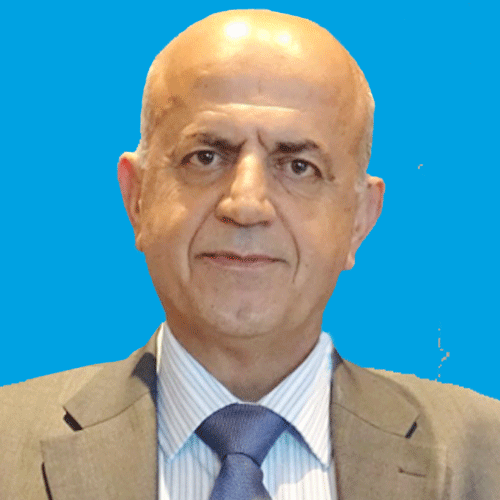
.png)

.png)
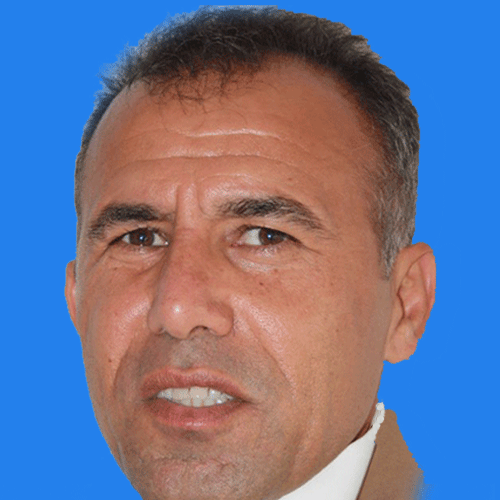

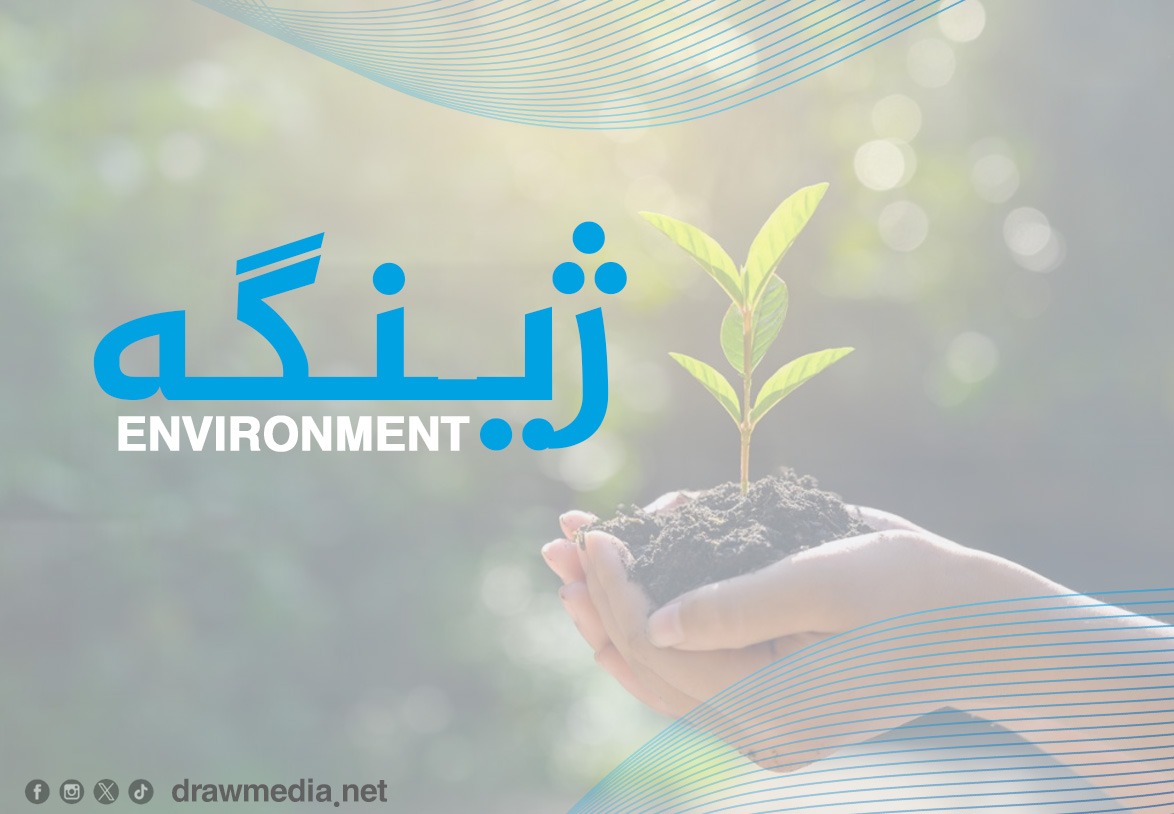
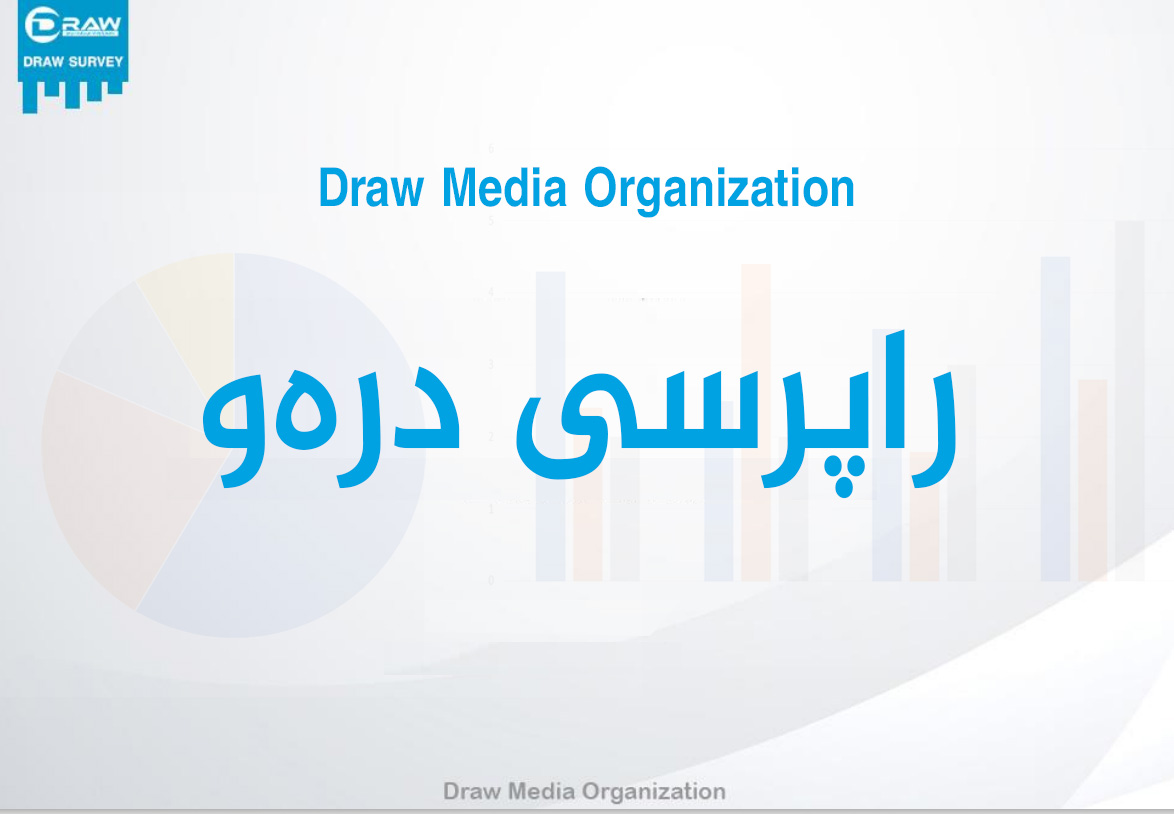
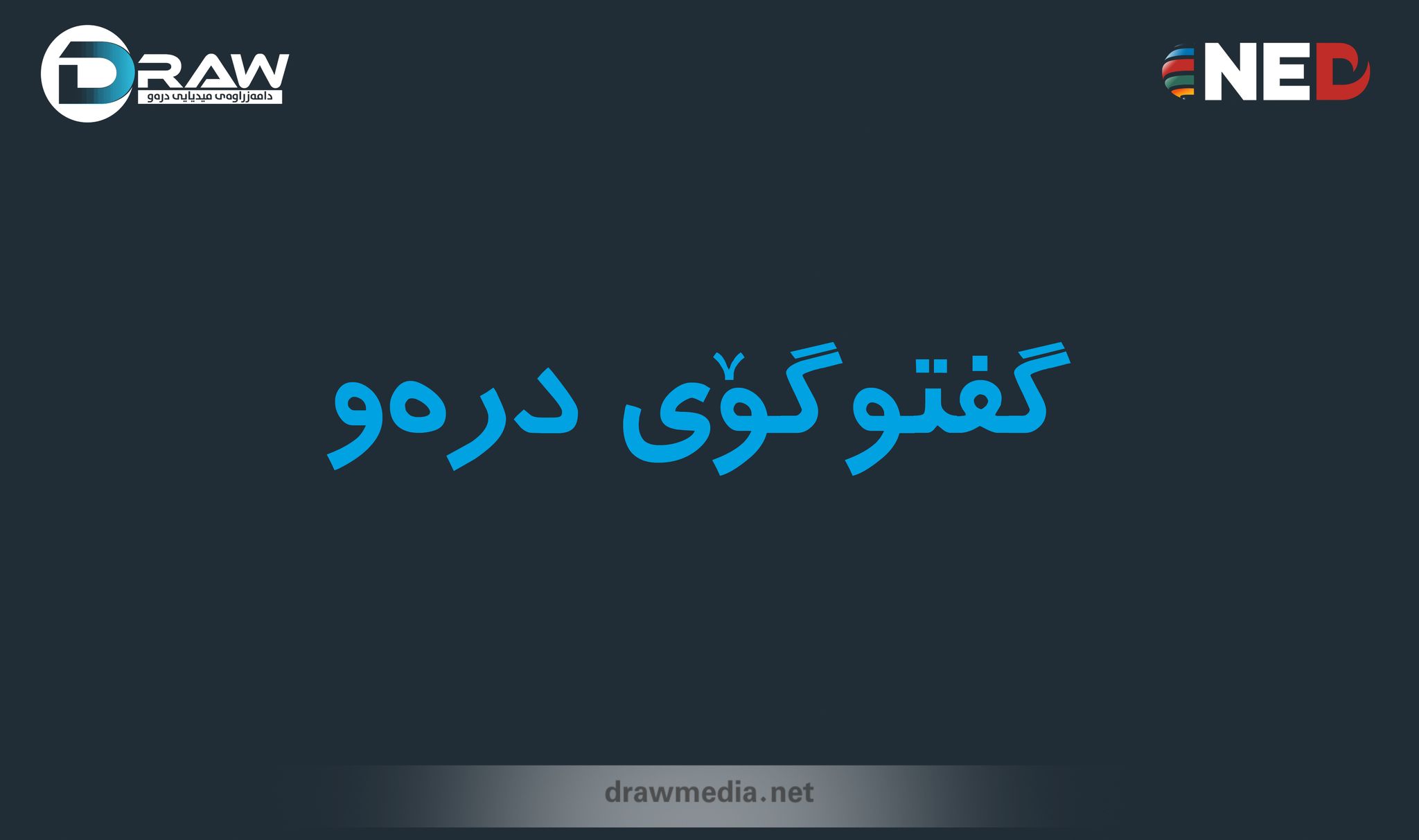
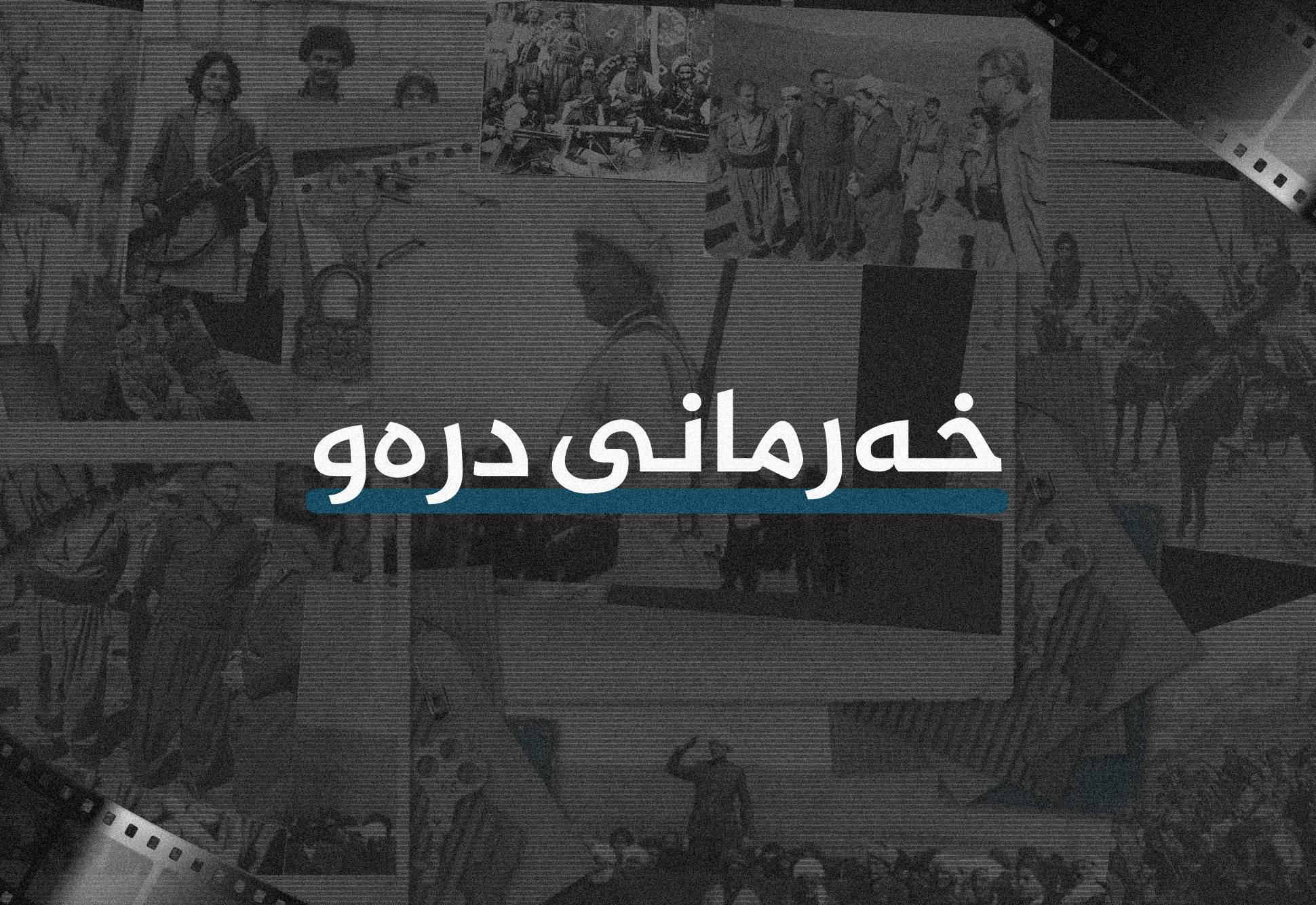
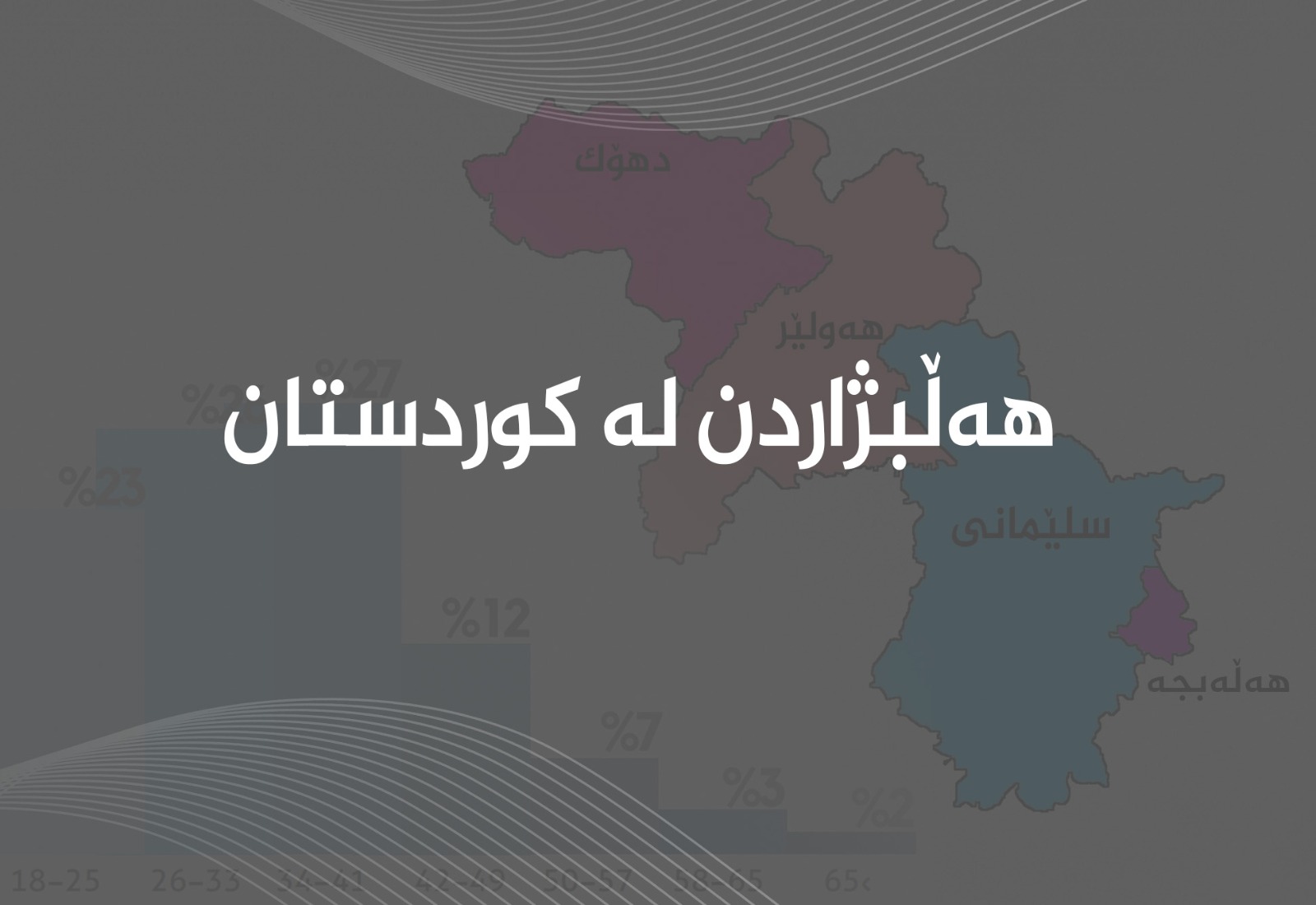
.png)
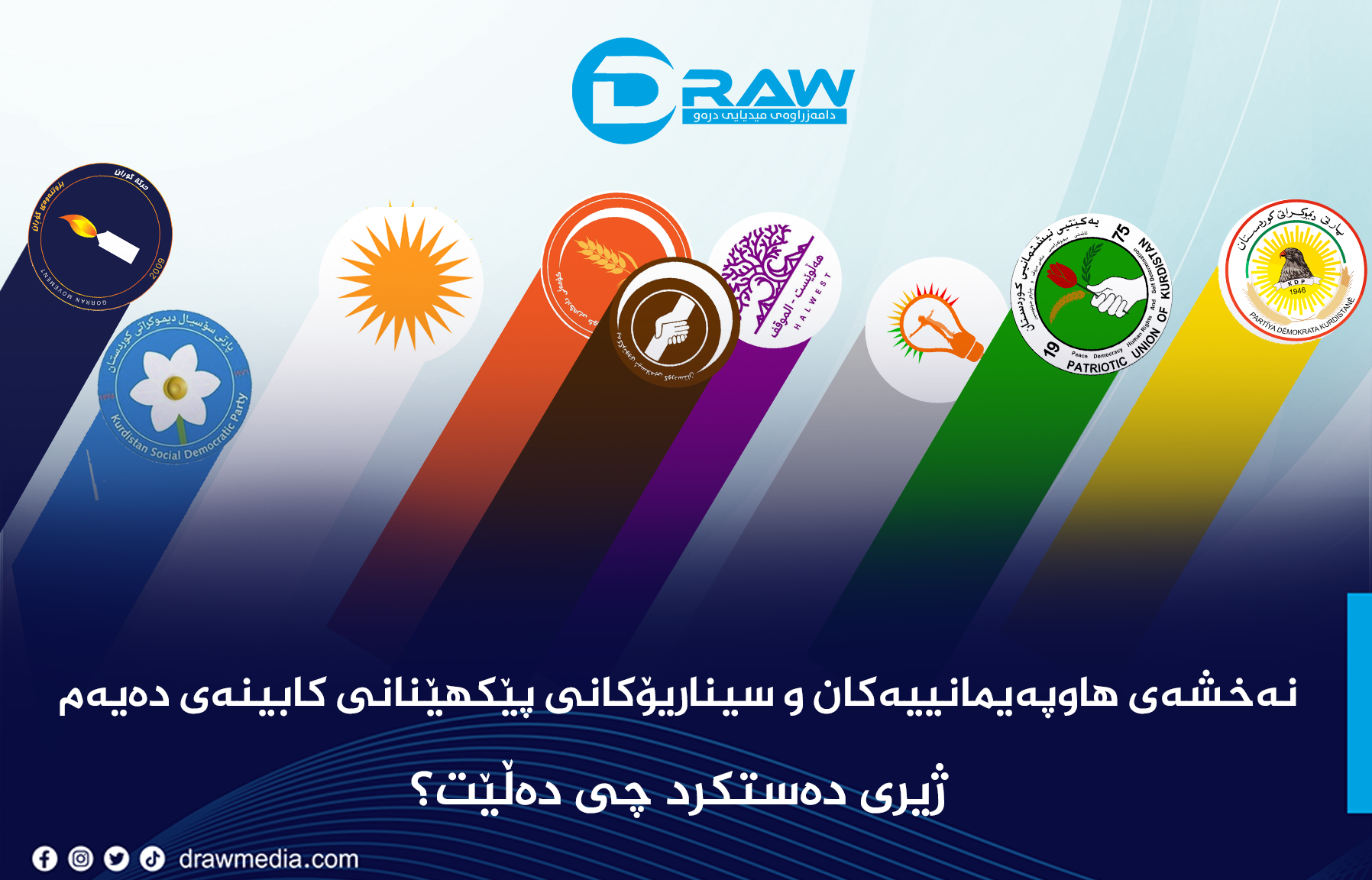
.png)
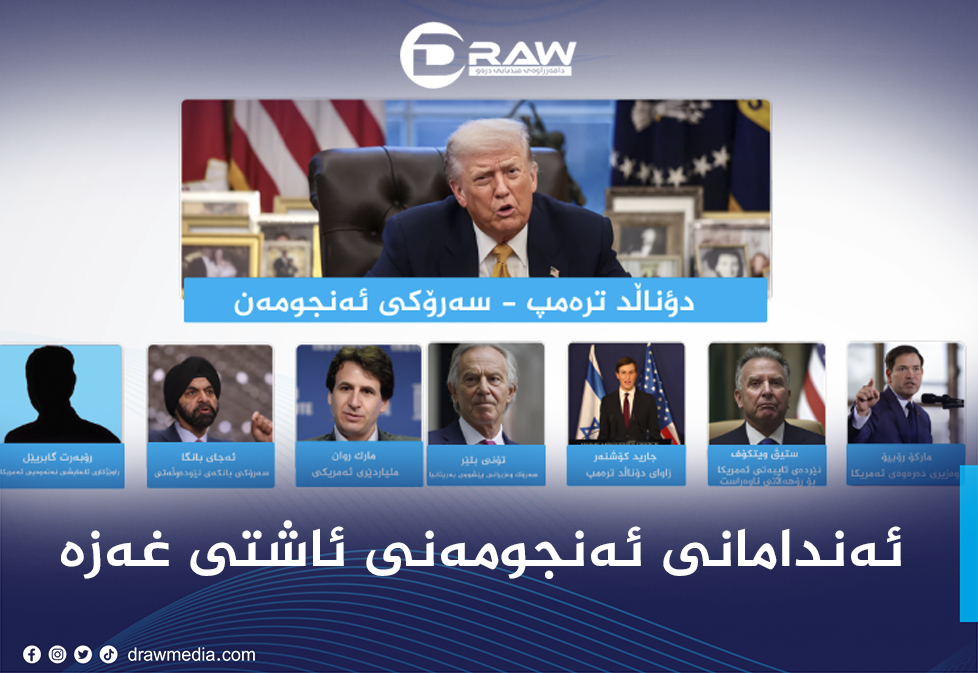
.png)
(1).jpeg)
